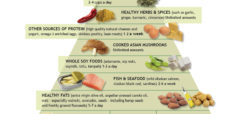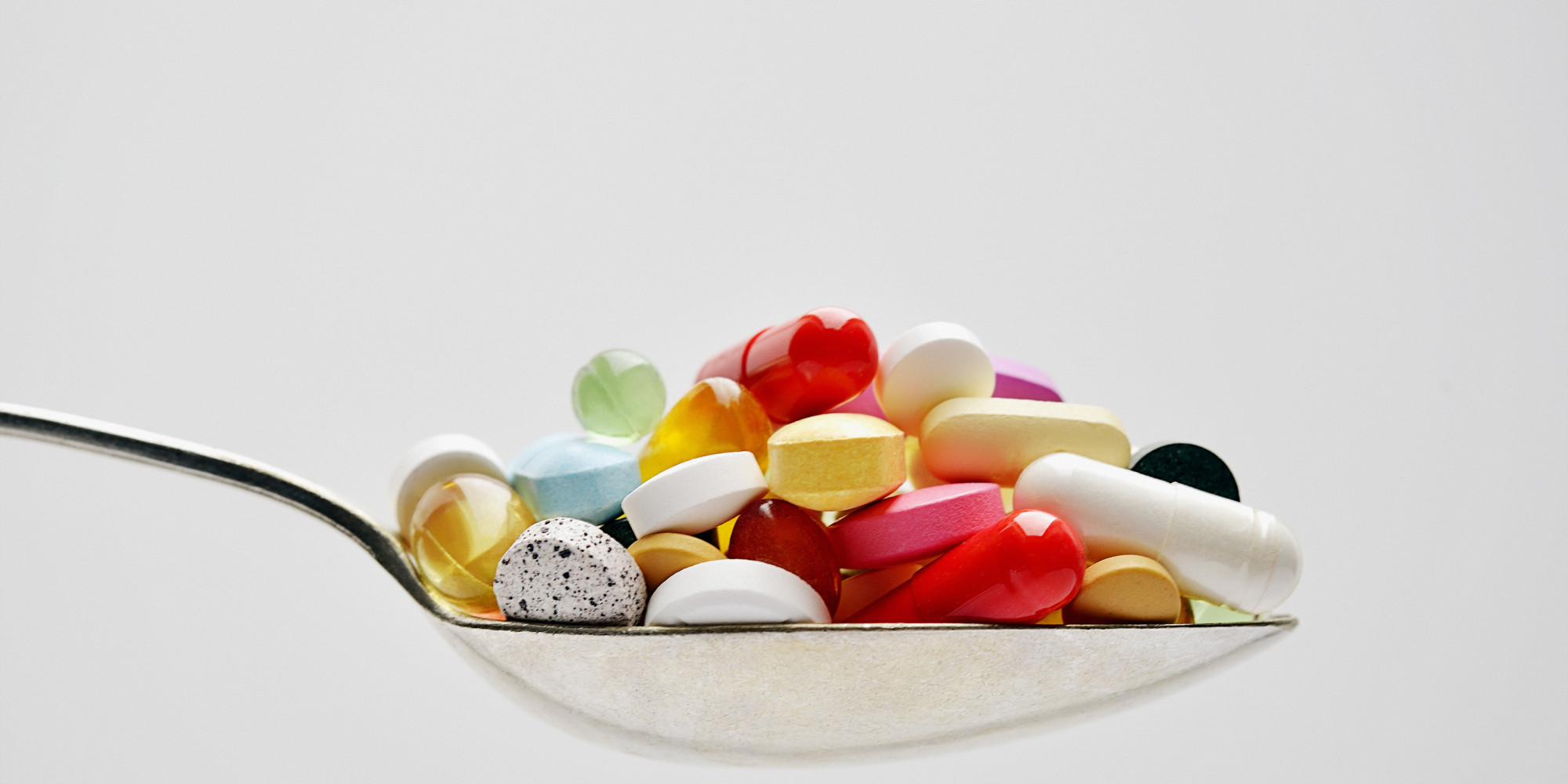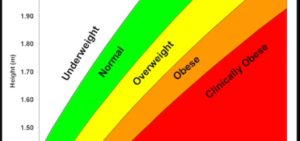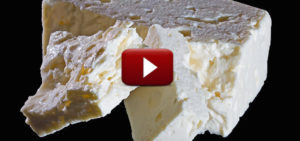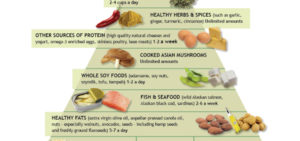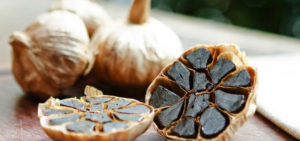Some fruits and vegetables are losing their taste and nutritional components when freeze, but others should consume precisely at their frozen state.
So, when is it best to eat them frozen and gain their health benefits – and when it’s best to eat fresh?
Here’s Your Guide:
Here are some cold solid facts: Nothing like fresh fruits and vegetables, but some are actually healthier in their frozen condition.
Supermarkets’ coolers are packed with a huge variety of fruits and vegetables especially the frozen ones.
Although the price is high, but their nutritional value often much higher than that of the fresh vegetable.
As a fruit or vegetable away from picking, the amount of capital vitamins and antioxidants which decreases, says nutritionist Kelly Miranda. “In addition, during the transfer from the field of goods may be exposed to heat and light destroy some vitamins that are more sensitive. Destruction can reach up to 45% of the nutrients.

However, explains Miranda, frozen fruits and vegetables are picked at the peak of maturity thereof generally and frozen immediately after a short infusion process in boiling water.
“This process is done for the purpose of disinfecting and stopping the enzymatic processes,” she says, “What ensures optimum shape, the color and taste of frozen fruits and vegetables. Process decided to part vitamins, soluble – water are destroyed, but the nutrients others are kept at a high level. Freezing process is actually a button ‘pause’ of nature. ”
| Want to Lose 21 Pounds in 21 Days? | Watch the 3-Week Diet Video ► |
In a study conducted at the University of Chester were about 40 tests for comparing nutrients of fresh fruits and vegetables in the refrigerator for three days saved and among those vegetables and fruits in the frozen state. Two thirds of the cases contained frozen fruits and vegetables Higher levels of antioxidants that contribute to the prevention of cellular senescence and cancer. This result supports previous studies that showed the destruction of nutrients is freezing negligible.
Miranda recommends consuming fruits and green are rich in vitamin C and B – like peppers, citrus fruits , potatoes, asparagus and cabbage – fresh and frozen form.
Vitamins are used as antioxidants against free radicals that contribute to the development of heart disease and cancer.
In addition, they participate in many processes in all of our bodies and the lack of them can lead to a severe syndrome and even death.
Recommended fruit and vegetable consumption in frozen are those that contain fat soluble vitamins like vitamin A, carotenoids and vitamin E – such as corn, peas, Edamame, carrots, sweet potato, pumpkin, butternut squash, peach, broccoli, cauliflower, Brussels sprouts and spinach.
Freezing process preserves these vitamins contribute to the normal development of the skin, bones, hair and eyesight and prevent oxidative damage.
“Throughout the year there is a large selection of frozen fruits and vegetables,” says Miranda.
“Lazy among us it saves you from having to wash, peel and cut, so frozen fruits and vegetables are the perfect solution for making healthy food, nutritious and delicious at home. Ultimately, nutritious frozen product equally and sometimes even more fresh product.”
So you can better plan your shopping, here’s such examples of fruit and vegetables, better to put in the freezer:
Corn
The process goes frozen corn boosts levels of lutein and Hzaksntin – carotenoids in their power to keep the vision, the rate of 118%. Research conducted at the University of Georgia in the United States showed significantly higher levels of vitamin C and folic acid in corn, frozen fresh corn associations. Folic acid is necessary for the cellular distribution and necessary for pregnant women. Deficiency may lead to anemia and cancer.
Should consume in: Six months from date of production.
Peas
According to a study published in the journal Food Sciences, freezing peas increases its antioxidant activity. Half a cup of peas contains 13% of the daily requirement of vitamin C, and a study reveals that during the year in the freezer loses peas only one-tenth the amount of this vitamin. In addition, the levels of beta carotene and vitamin A frozen peas significantly elevated compared to the fresh version.
Should consume in: Six months from date of production.
Spinach
A study in Poland found that frozen spinach contains more calcium than spinach fresh. With evaporation broken spinach vegetable cell walls, and its antioxidant components become available. Frozen spinach folate levels were higher compared with fresh spinach.
However, the level of folic acid in spinach tends to fall by 45% for three to six months after freezing.
It is recommended to consume within Three months from the date of production.
Blueberries
Take this fruit below zero degrees, and levels of flavonoids and anthocyanins which help fight heart disease and blood vessels, will – according to a study conducted in Romania. In the case of blueberries, levels of folic acid and vitamin C winners frozen form.
It is recommended to consume while: four months from the manufacturing date.
Cherries
Frozen cherries have more anthocyanins than canned cherries or jam. However, the amount of anthocyanins decreases with time: after three months, it drops by 25% and after six months by 50%.
It is recommended to consume within Three months from the date of production.
Cauliflower
Levels of polyphenols, which are used as antioxidants, and higher levels of anthocyanins compared to fresh frozen cauliflower.
Should consume in: Six months from date of production.
Carrots
Frozen Carrots contain lutein three times and twice the beta carotene compared with that fresh, and contains more vitamin C and polyphenols.
Should consume in: Five months of production.
Raspberries
Levels of carotenoids – beta-carotene and lutein – necessary for normal vision higher compared to fresh frozen raspberries.
It is recommended to consume while: four months from the manufacturing date.
| Want to Lose 21 Pounds in 21 Days? | Watch the 3-Week Diet Video ► |
